Skin. It protects your body from harmful things in the environment, regulates your temperature, and allows you to feel sensations like pressure, temperature, and pain. Heart. It continuously pumps life-sustaining, oxygen-rich blood throughout your body. Kidneys. They remove waste from the blood and return cleaned blood to the body.
It’s easy to see how these sizable organs contribute to optimal aging.
But if you zoom in (like, way in), you’ll see they’re all powered by a teensy-weensy organelle, a subcellular structure ranging in size from 0.5 to 10 micrometers (µm). For reference, that’s at least 12 times smaller than a single sand particle, which comes in at approximately 125 µm. So, yes, this organelle is tiny in size—but its role in optimal aging is mighty.
And it’s none other than …
The mitochondria
If you’ve taken a biology class, you may have a vague inkling that mitochondria are known as the “powerhouse” or battery of the cell.
You’re right.
The best-known function of mitochondria is to break down and convert nutrients—like sugars, fats, and proteins—from food into adenosine triphosphate (ATP). ATP is the primary energy source for most biochemical and physiological processes—such as growth, movement, and homeostasis.
Without ATP, your cells wouldn’t have the fuel to perform functions necessary to stay alive, and they would eventually die.
But the mitochondria play other crucial roles in the body, too:
- Regulate intracellular calcium levels. This, in turn, regulates many cellular functions—such as gene expression, metabolism, muscle contraction, synaptic plasticity (the strength and/or efficacy of communication between two nerve cells), and cell proliferation.
- Mediate autophagy. “Auto” means self and “phagy” means eat. So, the literal meaning of autophagy is self-eating. While that may sound terrifying, autophagy is actually beneficial to your overall health—it’s a natural, self-preservation mechanism that allows your body to clean out damaged cells to regenerate newer, healthier cells. Ultimately, mitochondria help promote survival and adaptation by mediating autophagy (including mitophagy, which refers to the removal of dysfunctional mitochondria).
Mitochondria’s role in health
Unfortunately, as we age, our mitochondria stop working as well, becoming less efficient and creating less energy.
The effect is that other cellular processes will not function as efficiently, resulting in a chain reaction that may negatively affect the function of various organs. This includes the brain, heart, liver, skeletal muscles, kidney, and endocrine and respiratory systems.
Also, given mitochondria’s role in autophagy, mitochondria that don’t function properly may lead to an accumulation and subsequent “leakage” into surrounding tissues, promoting inflammation.
Scientists believe this is the key reason recent research has increasingly linked mitochondrial dysfunction with a multitude of health conditions.
How to nurture mitochondrial health
The takeaway? Supporting mitochondrial health could be the key to optimal aging.
But before discussing how you could do that, it’ll be helpful first to understand why mitochondrial health declines over time. There are two main reasons:
- Oxidative stress: The process of aerobic ATP production in the mitochondria doesn’t only generate energy, but also reactive oxygen species (ROS). These are a subset of free radicals—molecules that contain an unpaired electron, which makes them very unstable and keeps them looking for other compounds to bind to. ROS aren’t necessarily bad on their own; some serve important bodily functions, such as signaling between cells. It’s an accumulation of ROS that can become problematic. Because they are so reactive, ROS can cause damage to healthy cells—including their subcellular compartments, like the mitochondria—through oxidative stress.
- Declining nicotinamide adenine dinucleotide (NAD+) levels: NAD+ is an essential coenzyme in regulating metabolism, longevity, DNA repair, and the immune system. Interestingly, recent research shows age-related decline in NAD+ levels may compromise mitochondrial function.
This means there are two broad ways you could support mitochondrial health. First, reduce oxidative stress. And second, increase NAD+ levels.
Reduce oxidative stress
Here are a few science-backed strategies you could use to reduce oxidative stress:
- Stick to a regular exercise routine. Research shows an association between higher fitness levels and lower levels of oxidative stress (regular physical exercise appears to improve antioxidant capacity). According to the current Physical Activity Guidelines for Americans, adults need 150 minutes of moderate-intensity physical activity weekly.
- Eat a healthy, well-balanced diet prioritizing vegetables, fruits, nuts, fungi, whole grains, legumes, herbs, and spices. These are rich sources of natural antioxidants—substances that scavenge ROS from the body cells, preventing or reducing oxidative damage.
- Consider antioxidant dietary supplements. These include vitamins C and E, beta-carotene, resveratrol, and CoQ10. Another promising antioxidant dietary supplement you may wish to try is glutathione; according to this 2023 study, glutathione is especially abundant in the mitochondria. The mitochondria cannot function without glutathione—if levels aren’t precisely maintained, “all systems fail.”
- Try intermittent fasting. Intermittent fasting may promote autophagy. This could lower oxidative stress since cell senescence contributes to the production of free radicals.
Increase NAD+ levels
As for how you could increase your NAD+ levels, the key lies in getting its precursors (the compounds it’s made from) through supplements or foods. More specifically, your body makes NAD+ from:
- Nicotinic acid (NA), also known as niacin or vitamin B3
- Nicotinamide, another form of vitamin B3
- Nicotinamide mononucleotide (NMN)
- Nicotinamide riboside (NR)
- Tryptophan (an amino acid)
The most accessible source of NAD+ precursors would be your diet.
Good food sources of tryptophan and vitamin B3 include beef, chicken, fish, and turkey. Plant-based sources rich in vitamin B3 include peanuts, avocado, brown rice, mushrooms, and green peas—and those rich in tryptophan include leafy greens, sunflower seeds, and broccoli.
A parting note: while preserving and/or improving mitochondrial health is undeniably a worthy pursuit in achieving optimal aging, you should ideally speak with a healthcare provider before tweaking your lifestyle or taking any supplements, to ensure the changes are appropriate for your needs.






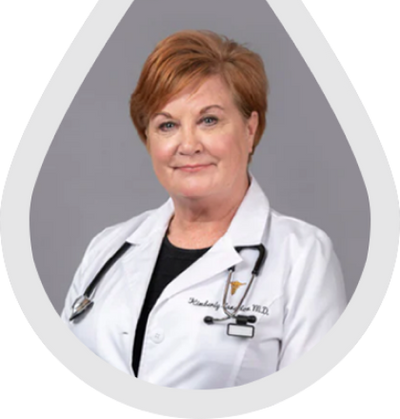

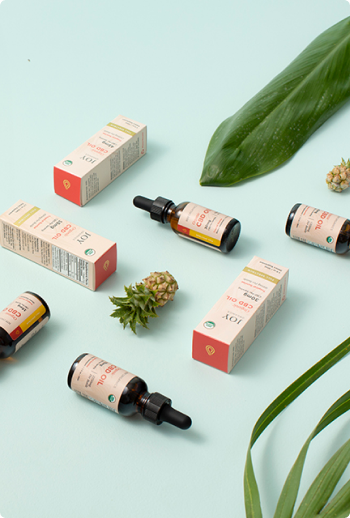
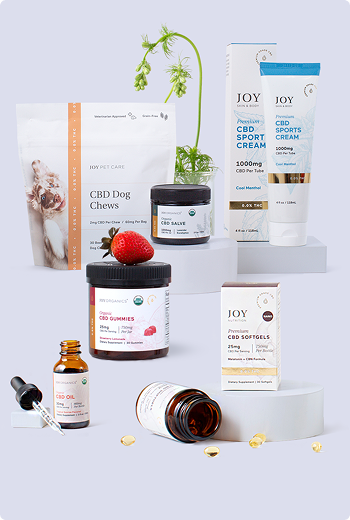
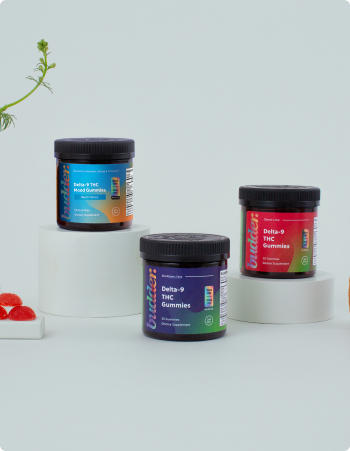





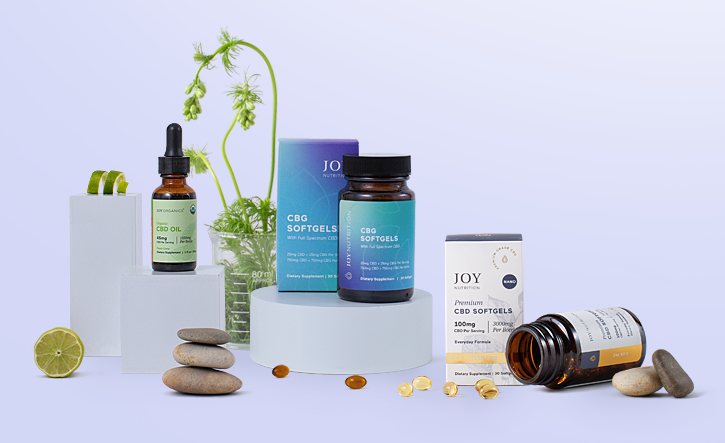













































Join in on the Conversation
Your email address will not be published. Once your comment is approved, it will be published.